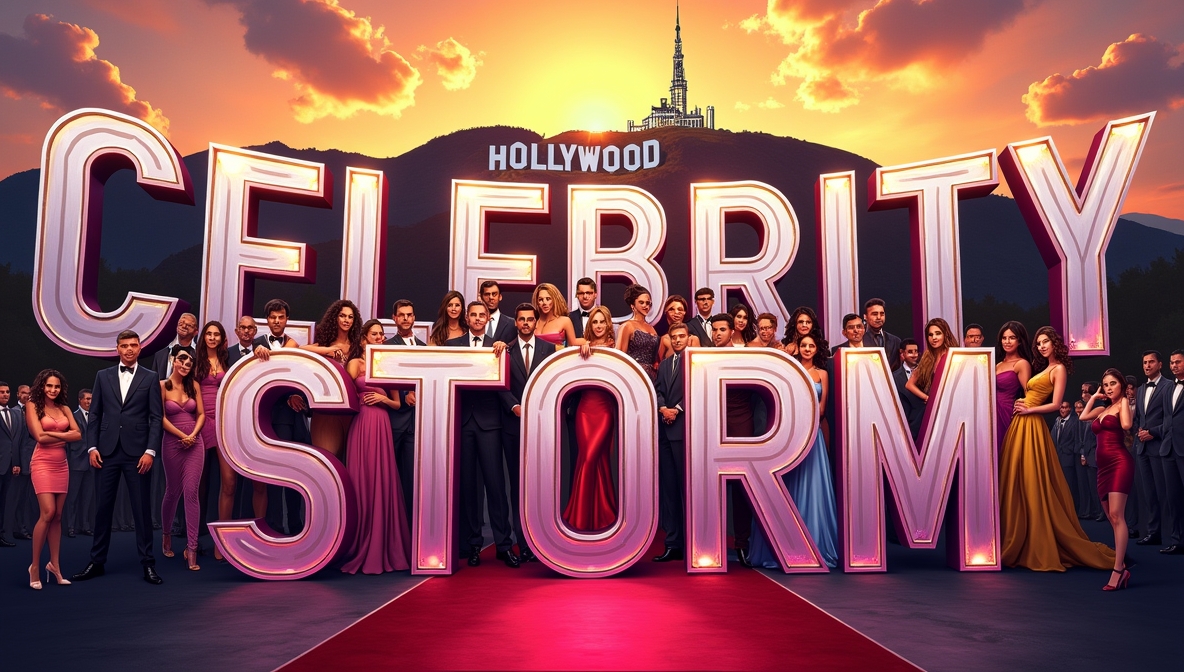Jack Thorne Claps Back: “Adolescence” Isn’t Anti-White Propaganda, It’s a Masculinity Commentary

Gather ‘round, ladies and gents, because it’s time to dissect yet another cultural kerfuffle that’s got the internet buzzing. In a delightful twist of irony, Jack Thorne, the co-creator of Netflix’s breakout hit “Adolescence,” has found himself in the hot seat, defending his series against accusations of being “anti-white propaganda.” The audacity, right? This uproar was sparked by Ian Miles Cheong, a commentator who claims that the show, which tells the tale of a British boy who commits a horrific crime, has been altered to fit a so-called agenda. Cheong’s post, which controversially suggests that the character was “race swapped” from a Black man to a white boy, caught the attention of none other than Elon Musk, who responded with a simple “Wow.” A moment of clarity? Perhaps.
Thorne, however, isn’t letting the claims slide without a fight. During an appearance on The News Agents podcast, he emphatically dismissed the accusations as “absurd.” He pointed out that the narrative’s focus is not on race, but rather on masculinity and the complex issues surrounding young boys today. It’s a refreshing reminder that storytelling can delve into deeper societal issues without being pigeonholed into race-based narratives. “We’re not making a point about race with this. We are making a point about masculinity,” Thorne asserted. The co-creator also clarified that the series is not based on any real-life incidents, countering the conspiracy-laden claims that have surfaced.
In a world where streaming dramas like “Adolescence” are breaking records—having recently topped British TV ratings with a staggering 6.45 million views in its first week—one must wonder why we still have these age-old debates about representation and narrative authenticity. Are we really still stuck in a cycle of misunderstanding and misrepresentation? Thorne’s commitment to telling a story about boys, regardless of their skin color, is a call to look beyond the surface and engage with the subtleties of character and societal issues. So, as we navigate this chaotic media landscape, let’s remember: the conversation is much richer when we focus on the nuances rather than the headlines.
Class dismissed. Let’s hope the next round of discussions involves a tad more insight and a lot less outrage.
Sources: Celebrity Storm and Hollywood Reporter, The News Agents Podcast, X (formerly Twitter)
Attribution: Creative Commons Licensed




